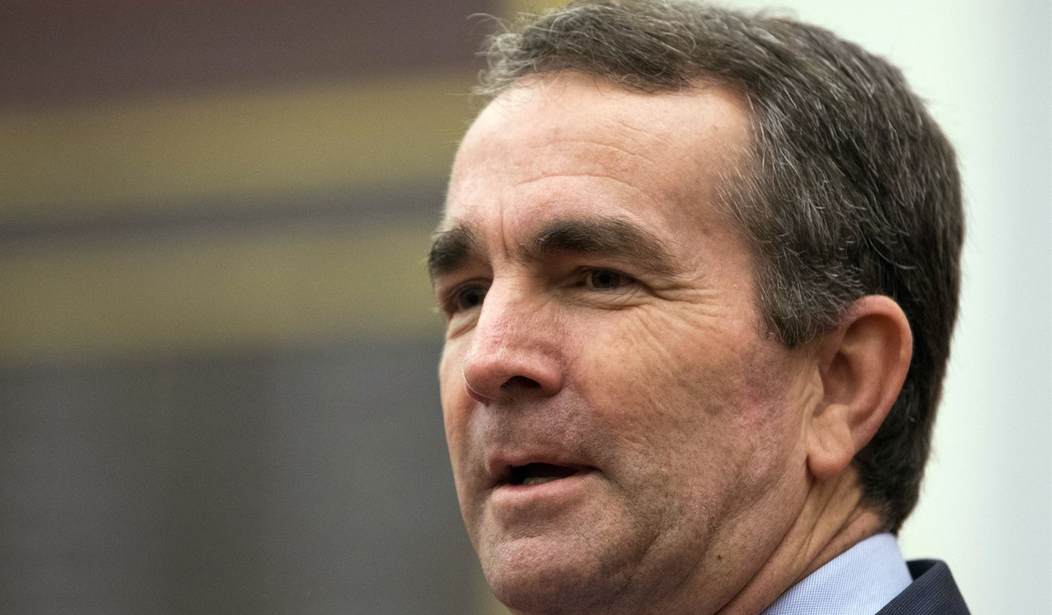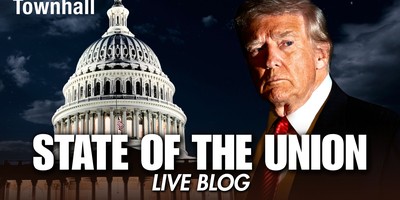Ofirah Yheskelm, a spokesperson for Virginia Gov. Ralph Northam (D), released a statement late Wednesday on the remarks Gov. Northam made on WTOP earlier defending leaving infants born alive to die when he was asked about a late-term bill.
“It’s done in cases where there may be severe deformities, there may be a fetus that’s nonviable,” Northam said of third trimester abortions. “So in this particular example, if a mother’s in labor, I can tell you exactly what would happen. The infant would be delivered, the infant would be kept comfortable, the infant would be resuscitated if that’s what the mother and the family desired, and then a discussion would ensue between the physicians and the mother.”
Many people, including Sens. Marco Rubio (R-FL) and Ben Sasse (R-NE), expressed outrage at these remarks which seemed to endorse letting infants die after birth.
Northam’s spokesperson claimed in her statement that the governor’s comments were only referencing cases such as a nonviable pregnancy or severe fetal abnormality.
"No woman seeks a third trimester abortion except in the case of tragic or difficult circumstances, such as a nonviable pregnancy or in the event of severe fetal abnormalities, and the governor's comments were limited to the actions physicians would take in the event that a woman in those circumstances went into labor,” Yheskel said in the statement.
Recommended
“Attempts to extrapolate these comments otherwise is in bad faith and underscores exactly why the governor believes physicians and women, not legislators, should make these difficult and deeply personal medical decisions,” she added.
Statement from Virginia Gov. Ralph Northam (D) spokesman Ofirah Yheskel on his abortion remarks:
— Aaron Blake (@AaronBlake) January 30, 2019
"The governor's comments were limited to the actions physicians would take in the event that a woman [facing nonviable pregnancy or severe fetal abnormalities] went into labor." pic.twitter.com/7FHeRbkobF
While that response narrows down what infants the governor was talking about, it does not dispute the claim that the governor was discussing allowing infants to die after birth in the case he broadly referred to as “severe deformities,” in addition to “nonviable” infants who are likely to die anyway shortly after birth.
Many on Twitter pointed out that the term “severe fetal abnormalities” encompasses a swath of diagnoses and can mean infants with Down syndrome or Trisomy 18.
Everybody calm down we're just killing the babies with abnormalities https://t.co/Ft0yxqTr43
— Peter J. Hasson (@peterjhasson) January 30, 2019
Oh, he just wants abortionists to be able to murder untermensch newborn babies? Channeling Josef Mengele doesn't make Northam's support for infanticide any less horrifying. https://t.co/nM768P1YmU
— Sean Davis (@seanmdav) January 30, 2019
Oh thank goodness... VA Gov. Northam was only talking about murdering babies with "abnormalities."
— Jason Howerton (@jason_howerton) January 30, 2019
Whew. https://t.co/Dh3Zaxn0zs
There is no way to slice this other than discussing how to implement a policy of infanticide
— Jim Hanson (@Uncle_Jimbo) January 30, 2019
The Democrat party can spare us any discussion of morals or concern for "the children" https://t.co/PeROXf45sK

























Join the conversation as a VIP Member